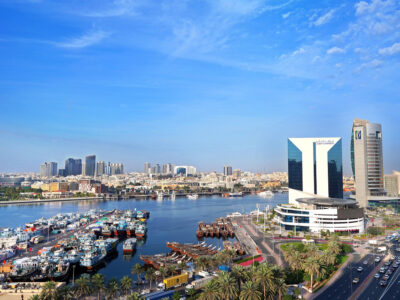The residency status change of 1.5 million foreign workers in Saudi Arabia has saved businesses SR15bn ($4bn) as illegal residents desperately compete for jobs ahead of a crackdown, according to the Labour Ministry.
Illegal expats in the kingdom have been given a three-month amnesty to gain legal employment and residency status or leave. They risk fines and deportation if they fail to legalise their status before July 3.
More than 180,000 have left the country, the passports authority said last week.
Businesses have told local daily Arab News that the pressure for legal work has tipped employment negotiations in favour of companies and they had been able to save SR10,000 per foreign worker by avoiding visas, travel costs and recruitment fees.
Salaries also have dramatically declined for new employees. Some said they had been hired at between SR1,000 and SR1,200 per month, as much as one-fifth of what they had previously been able to earn.
The kingdom is aiming to reduce the estimated nine million foreigners in the country in a bid to address high unemployment, which is officially estimated at 12 percent.
The rate is believed to be higher among young people, which is of concern to the authorities after joblessness contributed to Arab Spring protests in other countries.
The changes and reduced salaries will have flow on effects for labour export countries such as Sri Lanka, India, Pakistan, Yemen and the Philippines, which receive millions of dollars in remittances each year.
Registering foreigners properly has become important for the labour ministry after it imposed a new system of quotas last year that stipulate how many employees in particular types of position should be Saudi nationals.
Under Saudi law, foreigners must be sponsored by their employer and must work only in the field registered on their residence papers. In practice, many work for other companies and in different jobs.





